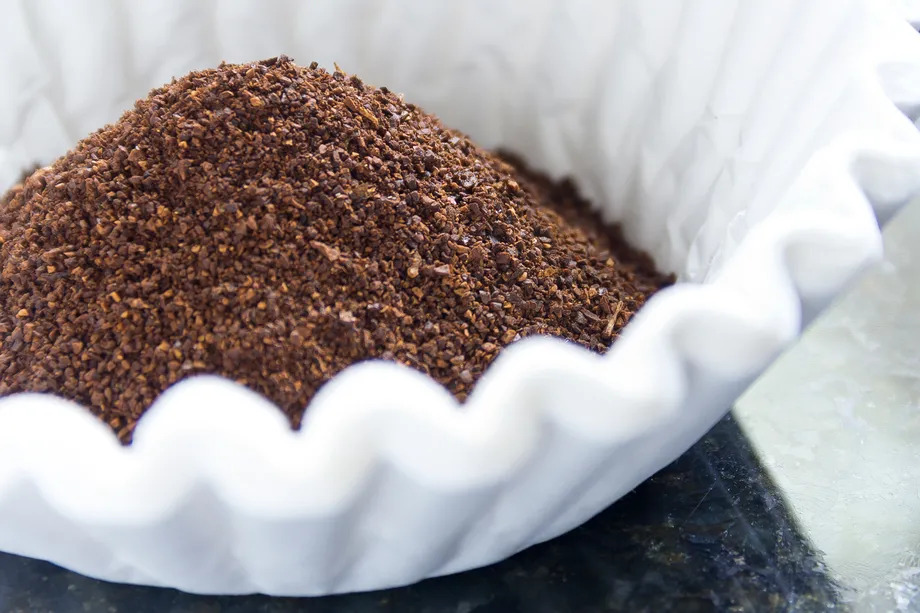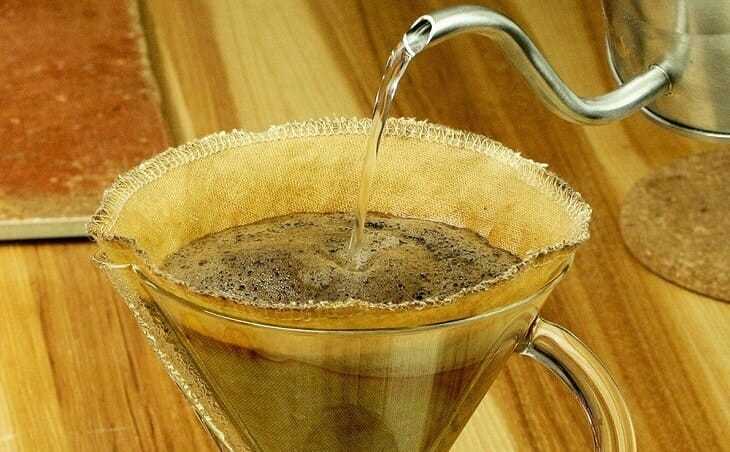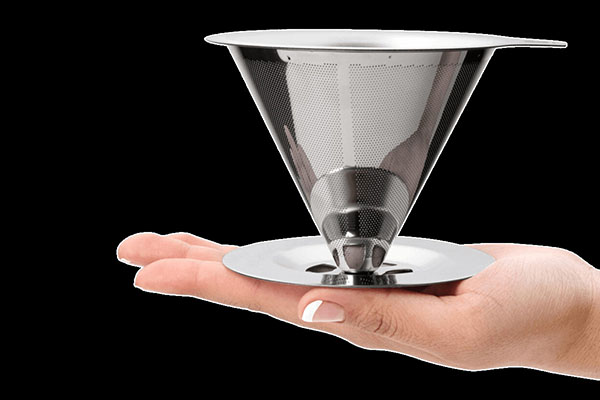Do you love coffee, pay attention to the choice of coffee beans and the method of brewing? But there’s another nuance that affects the taste of your coffee drink – the filters for brewing your coffee, especially if you’re annoyed by the sludge in your coffee.
There are three most popular types of filters and their choice depends on the brewing method. Below I’ll describe what I think you should look for when choosing a filter.
Paper filters are the most popular

ADVANTAGES | DISADVANTAGES |
|
|
The paper filter is one of the most popular when brewing coffee. There are many types on sale. Paper or bamboo is usually used for production.
The paper used for the filter is as follows:
- Bleached paper (most often with chlorine dioxide, ozone or oxygen).A bleached filter usually does not give off any foreign flavors to the drink. But sometimes, cheap filters can give off a paper flavor. This can be solved very easily with a splash of boiling water before brewing.
- Unbleached brown paper. Considered the most environmentally friendly option, but most often can give off a foreign taste.
- Bamboo ones – exclude foreign flavors and are environmentally friendly. But the cost of bamboo filters is higher than paper filters.
Paper filter shape
- Ribbed walls – ideal for purovers and often used for cups because of their adjustable size.
- Tapered – used for drip coffee makers, also suitable for a mug or a Kemex.
- Flat bottom paper filters are used more often for drip coffee.
Cloth Filters

Suitable for drip coffee makers and purifiers.
ADVANTAGES | DISADVANTAGES |
|
|
Fabric filters are usually made of natural cloth. Unfortunately, fabric has a higher permeability than paper, which means very fine sediment and oils can still seep into your drink.
One of the biggest drawbacks to this type of filter, for me, is the difficulty of taking care of them. The filter needs to be washed after each use. Do not use detergents to wash, as this can negatively affect the taste of the coffee. Be sure to dry thoroughly to avoid bacterial growth.
Although the fabric filter is reusable. but you should still not use it longer than three months.
Nylon filters
There are two types – regular nylon and nylon coated with titanium nitride. The latter is more durable.
They are cheap filters and are not very popular. For their use it is better to use a coarse grinding (because of the fine mesh can clog), and because of this the drink will not be as rich.
Metal filter

These filters are great for an aeropress, Chemex, Moka coffee pot, French press and espresso machine.
ADVANTAGES | DISADVANTAGES |
|
|
The main material for the metal coffee filter is stainless steel or aluminum. Coffee with such a filter is more dense because of the holes through which oil and coffee particles can seep.
Since metal does not absorb oil, it is easy to clean. Many metal filters can be washed in the dishwasher.
It is advisable to drink the coffee immediately.
This kind of filter is initially expensive, but since you can use it for several years, it’s a bargain.
Bottom line
Based on your tastes and brewing preferences, you can choose a filter to brew your coffee.
- Prefer a denser and richer – take a metal one.
- Paper or bamboo filter is the right way to go if you want it without too much hassle and easy to clean.
- If you are ready to tinker with it and don’t care too much about the sludge, get a cloth filter.
